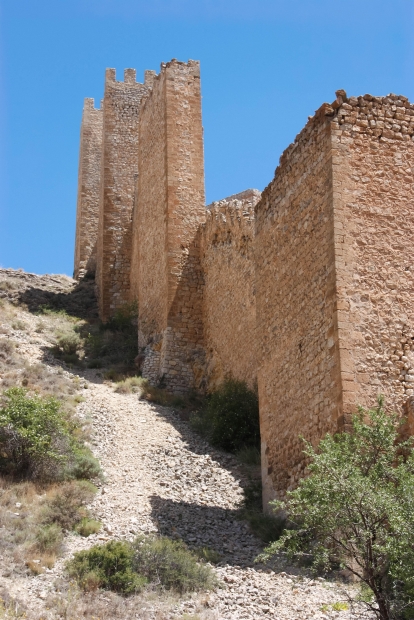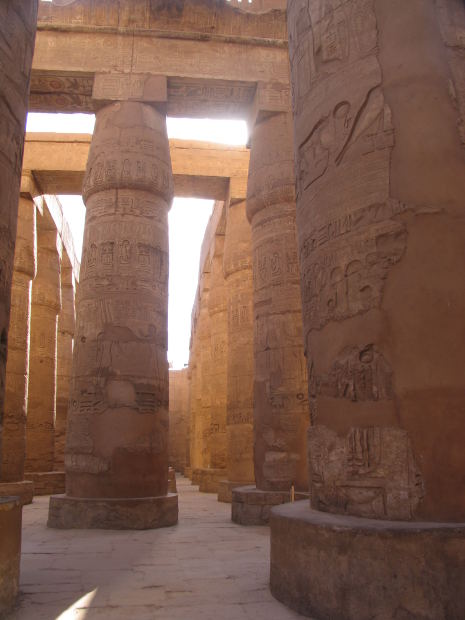On the one hand, I am staunchly complementarian. I don’t believe women should teach or have authority over men, or even speak in church. I believe women should consider themselves positionally beneath (i.e. “submissive”) to their husbands. I believe those four things are very clear in Scripture.
But I also think there are some nuances in Scripture that get confused with our cultural traditions of patriarchy—in short, that the patriarchy of 16th century France and the patriarchy of Scripture may not be the same thing, but it can be hard for us to sort out.
In particular, I find it hard to understand Deborah being a judge, and hard to understand Abigail blatantly going against what she knew would have been the wishes of her husband, if he had had the chance to contradict her. But she knew he would be displeased.
Today I read and noticed another such story, one I had read but not really thought about: 2 Samuel 20. This man named Sheba has decided to rebel against David, and Joab is sent to quench the rebellion and destroy, apparently, the entire town of Abel.
Now—first of all, David is clearly in the right here. Sheba was evil and wicked and it was entirely correct to destroy him. Secondly, there’s a whole town involved, with plenty of elders and men to step up and do the right thing. The “leadership,” apparently, made the executive decision to twiddle their thumbs.
But, enter this unnamed woman, who we only know as “a wise woman.” (v. 16). While Joab is trying to break down the walls of the city, she—and she alone—calls out. “Listen! Listen! Please tell Joab to come here and let me speak with him.”
And Joab listened. And she made an argument, a very neat, concise, persuasive argument. She let him know that there were faithful people in the city, and reminded him of the importance of the city, both presently and historically, and theologically. Her words are rebuking and even harsh: “Why would you devour YHWH’s inheritance?”
She got Joab’s attention, and he protested: “Never! I do not want to destroy!” And he offers her a solution—deliver Sheba, and the city will be spared.
This is a woman he’s bargaining with. A woman who responds by promising him Sheba’s head.
So what does she do? Does she go to her husband and say, hey, tell the elders about this, get them to make a decision so we can abide by it?
Nope. This woman, who the Bible declares to be wise, goes straight to “all the people” and offers “her wise counsel” (v. 22). They listen to her, cut off Sheba’s head, and throw it over the wall to Joab, who promptly retreats and goes back to David. Disaster averted.
There are many things here that are both encouraging and perplexing. Scripture seems quite clear that the woman was wise and correct, both in her character and in her actions here. And yet she is very avidly arguing with men: first Joab, then the men of her city. She is contradicting authority, both Joab (in his authority to destroy the city), and the city rulers (by not waiting on them to approach Joab, and not going to them first to ask them to give up Sheba). She makes arguments and gives counsel—to men!—not suggestions and obeisance. She is single-handedly responsible for pushing them to cut off Sheba’s head.
Now, what she doesn’t do is try to usurp authority. She doesn’t remind one of Jezebel. Like Abigail, and Deborah, when the men are willing to do what ought to be done, she fades into the background and we never hear tell of her again. She works by persuasion and arguments, not force or unjust threats.
She’s an excellent example of bold biblical womanhood, womanhood that takes initiative, makes persuasive arguments, is not daunted, and whose wisdom is not hidden under a bushel, but ably helps all those around her, even a whole town and a king, for the glory of God.




